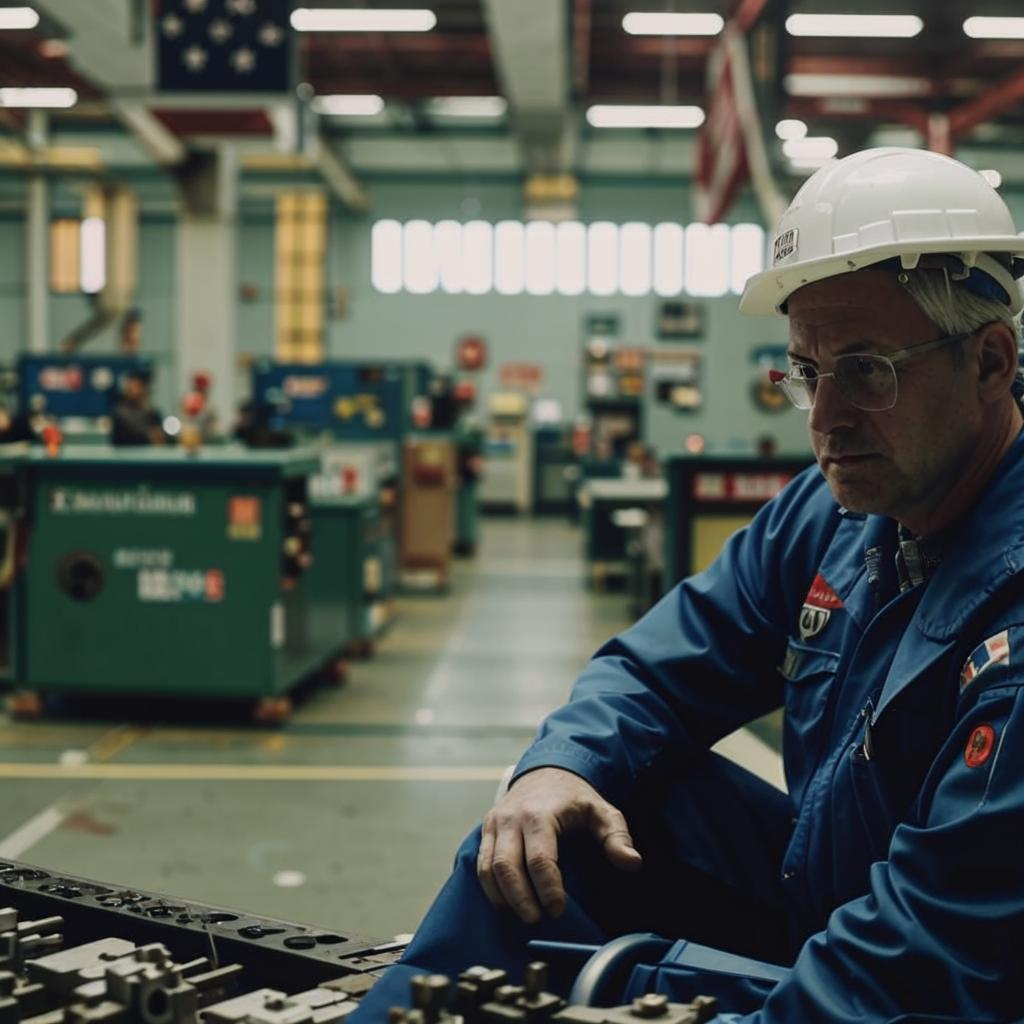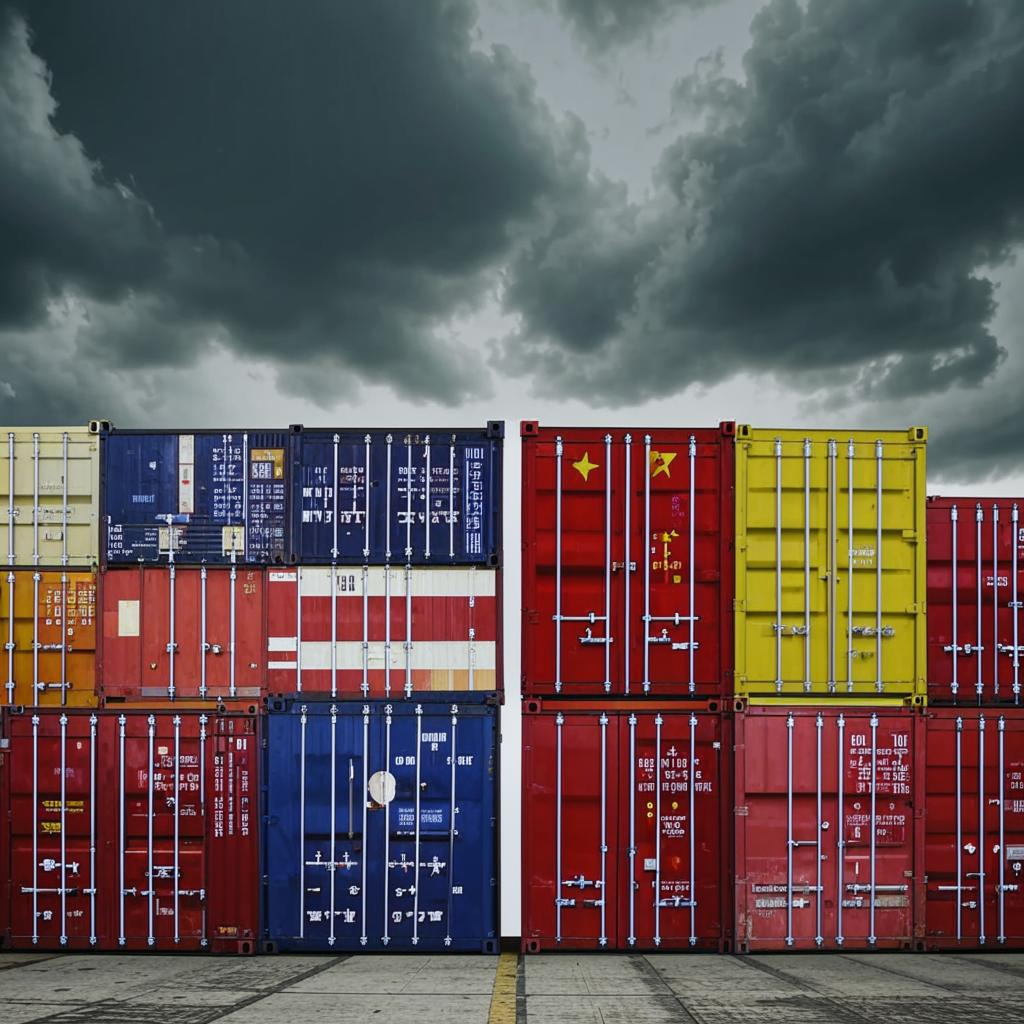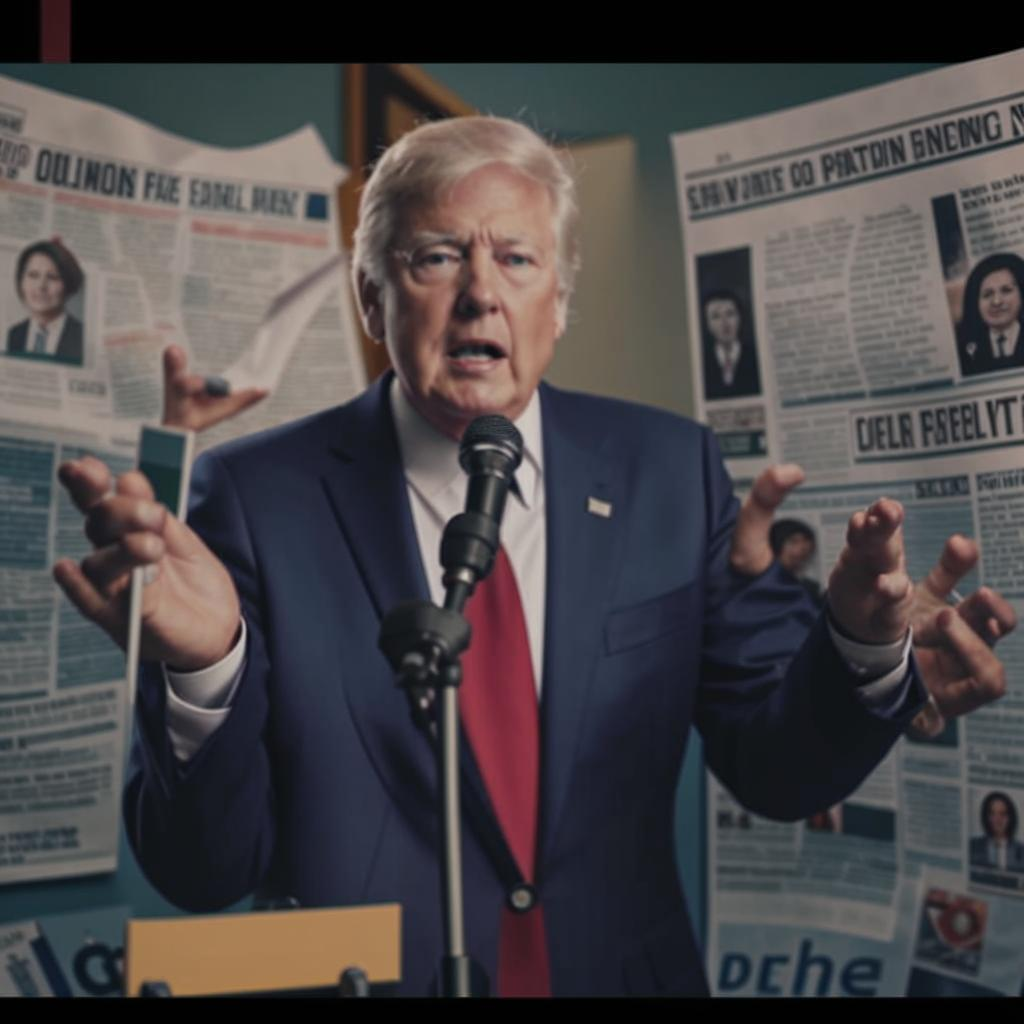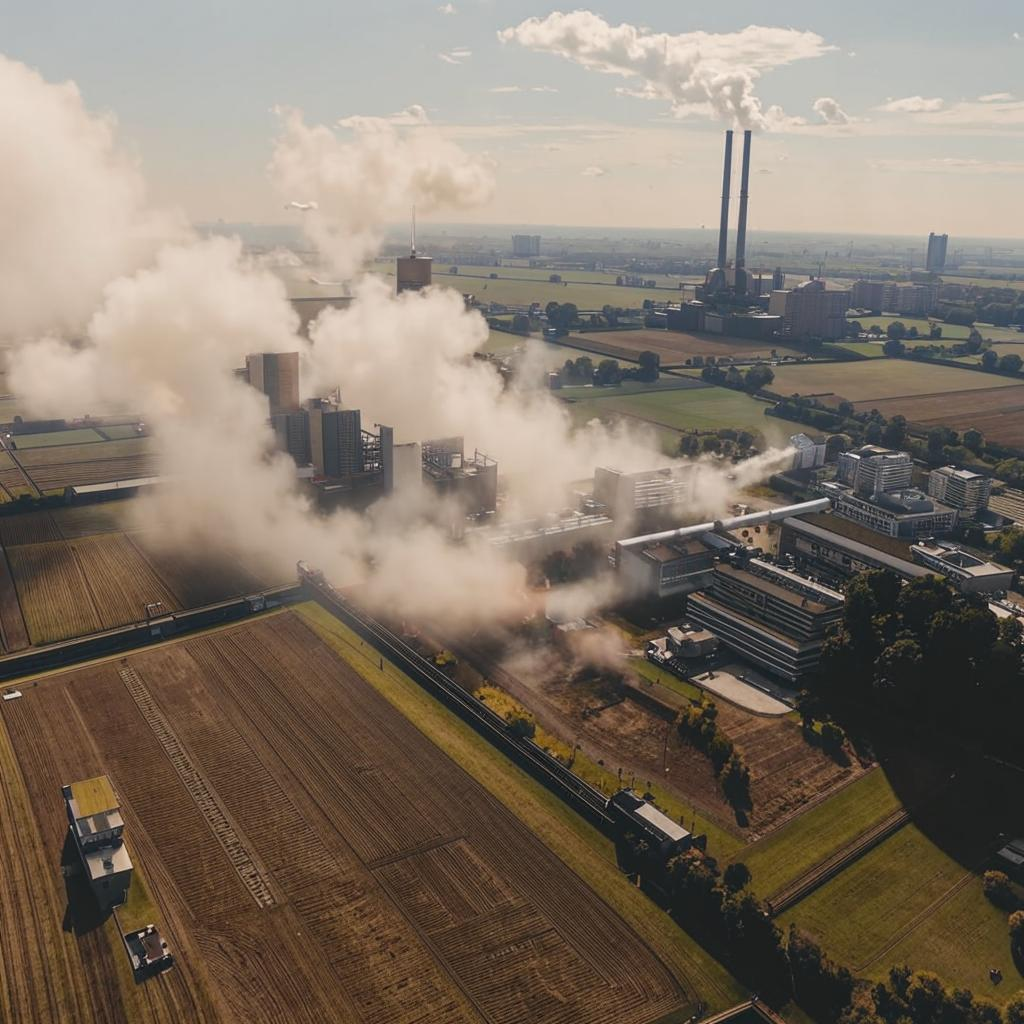President Trump’s aggressive tariff policies are increasingly clashing with his pledge to boost the American economy. Throughout his campaign, Trump promised to revitalize American industries and create jobs. However, his imposition of tariffs on goods from countries like China and the European Union has triggered retaliatory measures and market volatility, creating uncertainty for businesses and consumers alike.
The tariffs, intended to pressure trading partners into fairer trade deals, have instead resulted in increased costs for U.S. companies that rely on imported components or materials. Many businesses are struggling to absorb these costs, leading to reduced profits, hiring freezes, and, in some cases, layoffs. This directly contradicts Trump’s promise of job creation.
Farmers, a key constituency for Trump, have been particularly hard hit by the trade war. China, a major importer of American agricultural products, has retaliated with tariffs on soybeans, corn, and other crops. This has led to a glut of supply, depressed prices, and financial hardship for many farmers. The administration has attempted to provide relief through aid packages, but these measures have been criticized as insufficient and unsustainable.
Economists warn that the escalating trade war could further dampen economic growth and potentially trigger a recession. The disconnect between Trump’s promises and the actual consequences of his trade policies is becoming increasingly apparent, raising questions about the long-term effectiveness of his approach and its impact on the American economy. The situation continues to evolve, making predictions difficult, however the impact is becoming an increasing concern.














